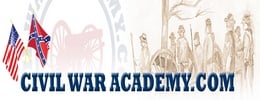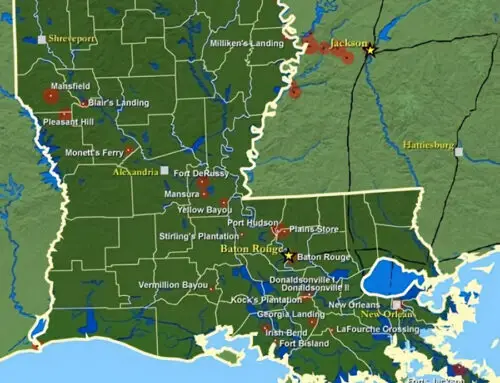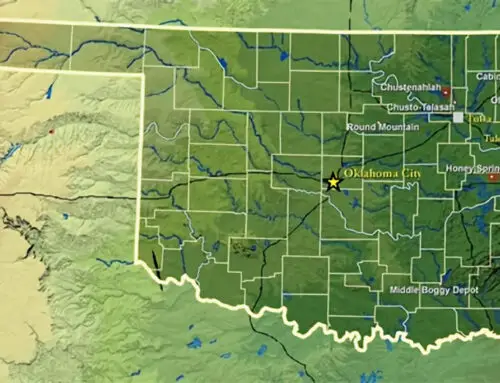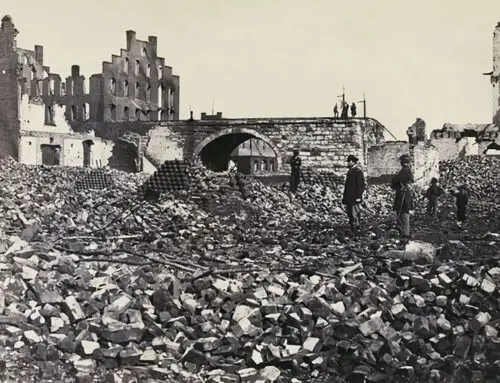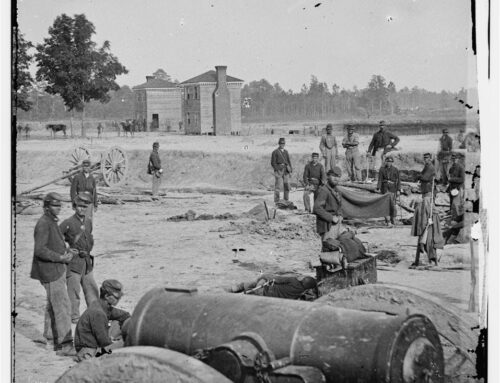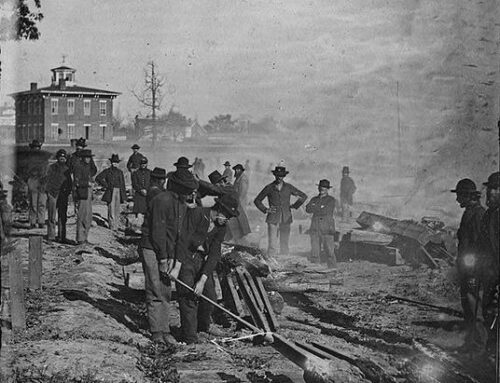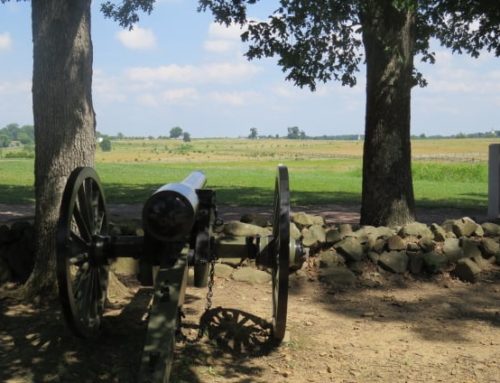March – July 1862
The Peninsular Campaign was the plan was to hasten the end of the Civil War and the two men behind the military mission were President Lincoln and General McClellan. The goal was to take the capital city of the Confederacy, Richmond. The biggest prize of the entire war hinged in front of the Union army and the battle that was to begin was to be one of the greatest of all the war.
On one side the Union army, brash and confident from its recent wins under the helm of General Grant and his able array of floor generals and General lee with his ardent and equally impressive army of Northern Virginia. Both the North and the South were well aware of the military significance of the North taking the greatest city in the Confederacy and Lee was put in charge to make sure f that happened, that Union blood would flow like a river.
The plan was simplistic in nature with McClellan heading straight to Richmond, overwhelm the smaller Rebel force and almost put an end to a terribly costly war. The Rebels had other plans and proved once more that it was not the size of the dog in the fight but the size of the fight in the dog.
Bloody and courageous the battles of The Peninsular Campaign would rewrite the Civil war history books on military tactics from both sides. General Lee would use his knowledge of the terrain to his utmost advantage while McClellan would rely on the size of his army and patience. It was a battle of wills in as much a battle of bullets and guns.
Marching into Virginia, General McClellan met stiff resistance at the town of Yorktown. The Southern forces knew what the North wanted and it included going through their city, their home base. The Rebels dug in and fought one of their greatest defensive stands of the war. One month later the city fell and the North was again on track to tale Richmond, Virginia.
All that stood between them and that primary goal was a rebel army commanded by General Johnston. Once again the Confederates put up a bloody good fight and refused to allows the Union to enter any closer than just north of Richmond. The campaign was taking a heavy toll on the Union army and Lincoln realized this fact. A decision had to be made and it was.
Lee took over for the injured Johnston and forced the retreat of the entire Union army. McClellan was forced to fight seven battles during the march back to James River where he was able, with the assistance of the Union navy, to escape Virginia, tail tucked. The Union had lost in its bid to end the war and the South had risen to the occasion once more, elongating the war for months to come. General Lee was the hero of the day with his brilliant tactical maneuvering.
